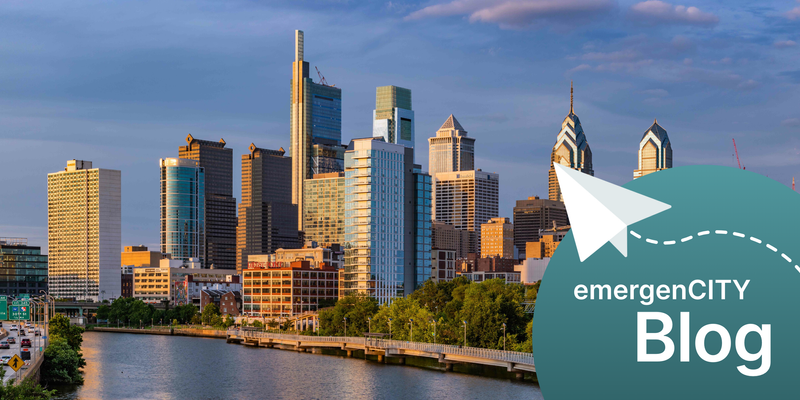I spent three months at Karlstad University, Sweden, from August 5th to November 3rd, 2023. During this time, I was affiliated with the Geomatics department and had the opportunity to connect with the Center for Societal Risk (CSR). Much like emergenCity, CSR focuses on researching natural hazards affecting the buildup environment and their societal implications. This report provides a concise overview of my research stay, objectives, and academic experiences at Karlstad University.
My primary objectives for this research stay were twofold. Firstly, I aimed to establish connections and collaborations with the CSR team. Secondly, I sought to deepen my research on deprived areas in the Global South, often termed as slums, focusing on their relevance in modern concepts like resilient and smart cities and their integration with urban infrastructure to explore a topic in deeper way, I was working on together with Martin Pietsch in a former conference paper.
######Connection with CSR######
I conducted a seminar during my stay, where I presented the emergenCity project to a group of interested scientists, including Lars Nyberg, a principal investigator at CSR. The researchers at Karlstad University explicitly expressed interest in the eHub concept, which aligns with their ongoing project using churches as shelter and information points during crises. This interaction provided a potential foundation for future collaborations.
Towards the end of my stay, I participated in a workshop jointly organized by Karlstad University and Uppsala University, both partners in the Center for Natural and Hazard Sciences. This workshop introduced me to various projects Karlstad University is undertaking to prepare society for natural hazards, including the noteworthy project “Floodville.”
Floodville is a pedagogic tool designed by Karlstad University to educate about complex issues like climate change, flood risk, and flood risk management. It is essentially a model of Karlstad city, situated along Lake Vänern and the Klarälven River delta. Floodville replicates a typical waterfront city in Sweden, featuring buildings and infrastructure equipped with sensors linked to a computer. In the Floodville simulation, participants are tasked with implementing flood protection measures in response to an impending major riverine flood event. Resources are limited, requiring participants to make strategic choices while facing time constraints as water levels rise. Post-simulation, a comprehensive discussion takes place, evaluating the consequences and choices made. To deepen my connection with the CSR, I am working on a paper together with Konstaninos Karagiorgos, in which we want to assess the accessibility to healthcare facilities in Sweden during flood events.
#####Research on slums and infrastructure#####
Based on our work Slums and Smart cities, together with Stefanos Georganos from Karlstad University, we (my colleagues from emergenCity Michaela Lestakova, Kevin Logan) discussed on, wrote, and submitted a paper, where we conducted a bibliometric analysis of the research on slums and the open questions in research. We found that although the research on slums has significantly increased over the last decades, technological solutions to meet modern challenges as climate change or natural hazards are still underrepresented in many parts of the world. In another work together with Stefanos Georganos and Jan Haas (a geomatic researcher from the CSR) we performed an analysis on the accessibility of slums to healthcare infrastructure for 18 sub-Saharan cities, which we are planning to submit this year.
My research stay at Karlstad University was productive and insightful. It allowed me to connect with the CSR team, share ideas, and engage with projects like Floodville. This experience expanded my horizons and provided valuable insights for my research. I’m grateful for the warm reception and collaborative spirit extended by Karlstad University, which has paved the way for potential future partnerships in the geomatics and societal risk assessment field.
Author:
John Friesen was group leader for “Urbanization and Infrastructure” at the Institute of Fluid Systems at TU Darmstadt fluid system technology from 2021 to 2024. He is currently co-leader of a main project in the Earth Observation Innovation Laboratory for Climate Adaptation and Mitigation. (updated October 24, 2024)



